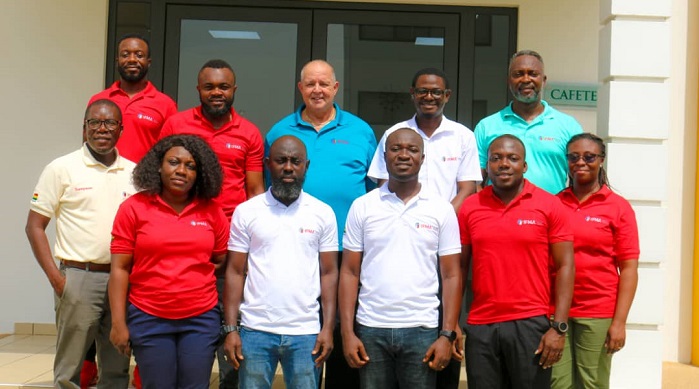
The Ghana Chapter of the International Facility Management Association (IFMA-Ghana) on Friday certified eight new facility managers who have completed a week-long training programme.
The training and certification was in line with efforts to ensure competent persons handle the country’s public facilities that have come under intense scrutiny in recent years due to the perceived poor maintenance culture in the country.
The trainees finished the Facility Management Professional (FMP) course at Ensign Global College in Kpong, bringing the total number of Facility Management Professionals trained by IFMA-Ghana in four years to 99.
They were evaluated in modules such as operations and maintenance, project management, leadership and strategy, and business and finance.
President of IFMA-GHANA, Mr Sampson Opare-Ayemang, said that the course enabled participants to appreciate their roles, take on new assignments, and execute their functions with the necessary sector expertise.
He stated that the country’s poor maintenance routine implied that qualified personnel were required to manage and ensure the longevity of private and public properties.
In this regard, Mr Opare- Agyemang stated that IFMA-Ghana would continue to implement programmes as part of its mission to develop the capacity of facility managers in the country.
The course was described by the trainees as an excellent learning opportunity that will allow them to make a positive impact at their workplaces.
“It’s been great to share ideas and compare notes with people in my industry, the calm environment helped me focus on the course, and I’m glad I made this choice,” Mr Fui Ocloo, one of the trainees, said.
IFMA, which was founded in 1980, is the world’s largest and most well-known association, with over 20,000 members from 138 countries. Among its objectives is to “lead the future of the built environment to make the world a better place”.
The Ghana Chapter advocates the preservation of public and private structures in addition to training new and existing members
BY JONATHAN DONKOR







